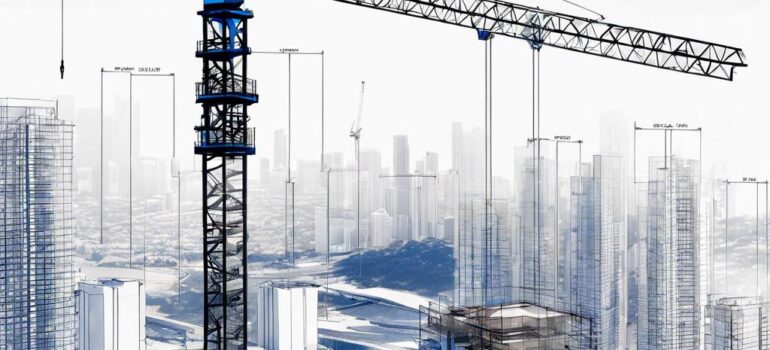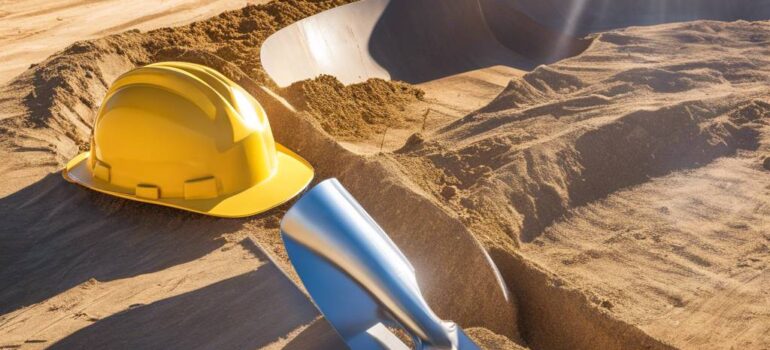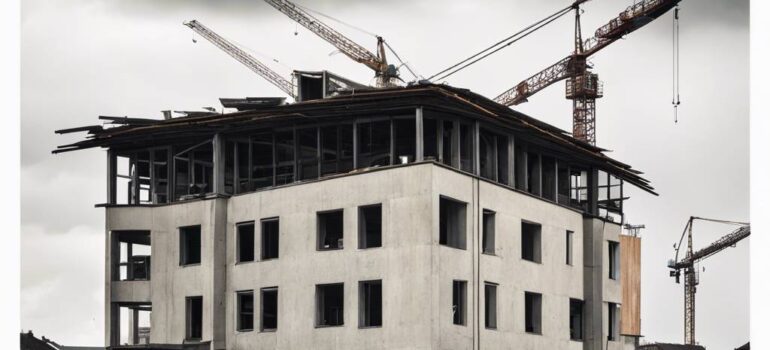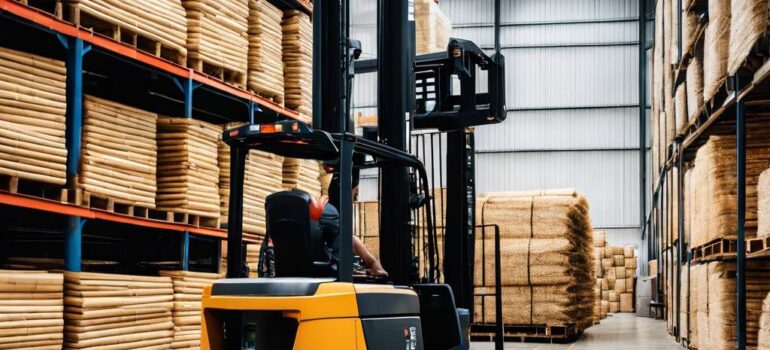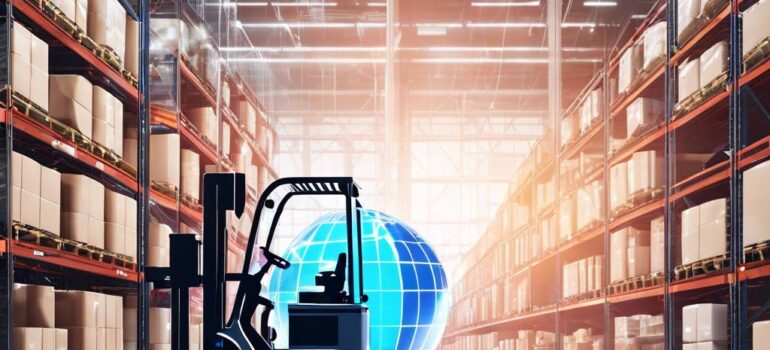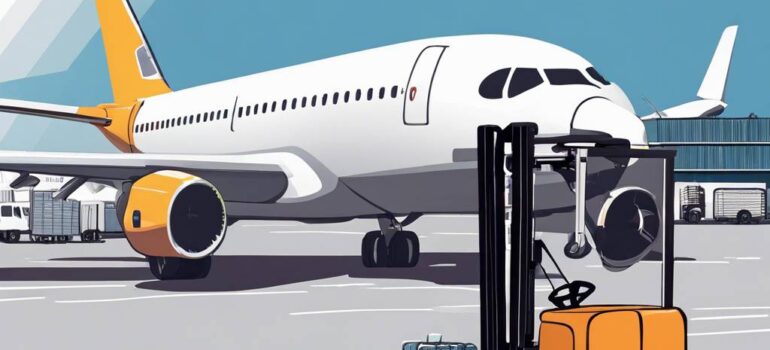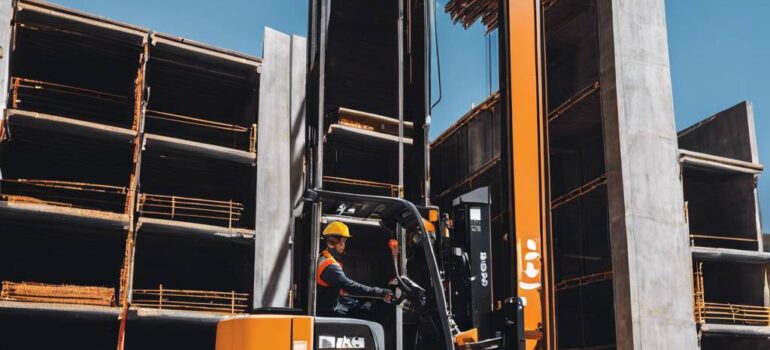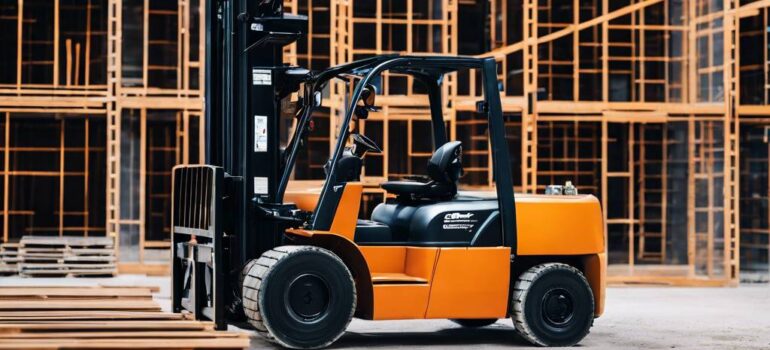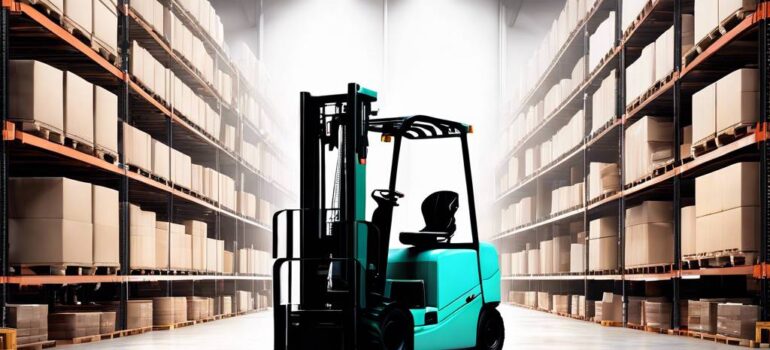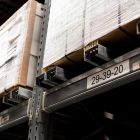The Eightfold Impact of AI Technology
The construction industry is no stranger to technological advancements, and the latest game-changer making waves is Artificial Intelligence (AI). This powerful tool is revolutionising the industry by offering efficiency, precision, and innovative solutions that were once considered futuristic. As we delve into the transformative potential of AI in construction, it’s clear that we’re on the brink of a digital revolution.
AI systems are capable of analysing vast amounts of data, providing valuable insights that enable project managers to make informed decisions promptly. This capability is particularly useful when it comes to predictive analytics. By identifying potential issues before they occur, AI allows for proactive solutions, minimising delays and cost overruns. This is especially beneficial when managing large projects with complex requirements, such as those often encountered in forklift hire in Sydney.
AI algorithms also play a crucial role in design optimisation. By processing enormous datasets and considering various parameters, AI can suggest design alterations that enhance functionality, energy efficiency, and structural integrity. This iterative process results in smarter, sustainable, and aesthetically pleasing structures, a feature that’s becoming increasingly important as we move towards greener building practices.
Risk management is another area where AI shines. AI-powered tools can analyse historical project data to identify potential risks, from budget overruns to weather-related delays. These insights can help ensure optimal allocation of resources, including labour, equipment, and materials. For example, AI can accurately forecast resource demands by analysing project requirements and historical data, leading to reduced wastage and improved project timelines. It’s a feature that would undoubtedly be appreciated in areas like forklift servicing in Sydney, where efficient resource allocation is key.
Quality control and safety are paramount on any construction site. Here too, AI technologies such as computer vision and IoT sensors are making a significant impact. Drones equipped with AI-enabled cameras can inspect sites from above, identifying potential issues not easily visible from the ground. Meanwhile, IoT sensors collect real-time data, ensuring compliance with safety protocols and enabling immediate response to hazardous conditions. This technology is particularly beneficial for tasks such as forklift repairs, where precision and safety are critical.
The application of AI extends to the practical side of construction as well. Robots with AI capabilities can perform tasks such as bricklaying, 3D printing, and site excavation with precision and speed. This automation not only accelerates construction processes but also enhances safety by reducing the need for human workers in hazardous environments.
Looking ahead, the potential of AI in construction is vast. Concepts like generative design, where AI generates multiple design options based on specified criteria, and autonomous construction sites, where AI oversees and coordinates all aspects of a project, represent the future of AI in construction.
In conclusion, the integration of artificial intelligence into the construction industry signifies a significant shift. By harnessing the power of AI, construction companies can build more efficiently, sustainably, and safely, ultimately creating smarter and more resilient infrastructures. As AI technologies advance, the construction sector is poised to usher in a new era of innovation, redefining the way we build for tomorrow. Whether it’s a diesel forklift vs electric forklift debate or a complex Toyota forklift repair, AI has the potential to streamline and enhance every aspect of the construction industry.


